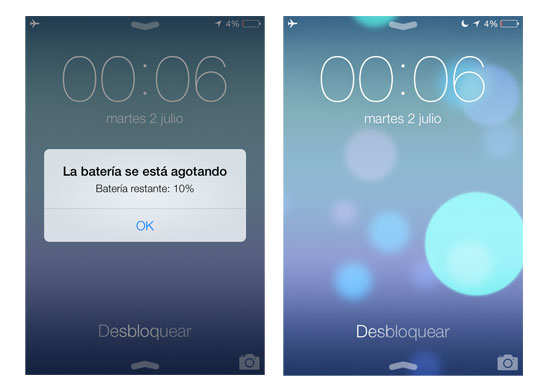Installing MongoDB on CentOS 6
The first step is to configure the repositories. Create the following file /etc/yum.repos.d/10gen.repo with the following contents:
For 32-bit systems:
[10gen]
name=10gen Repository
baseurl=http://downloads-distro.mongodb.org/repo/redhat/os/i686 …
